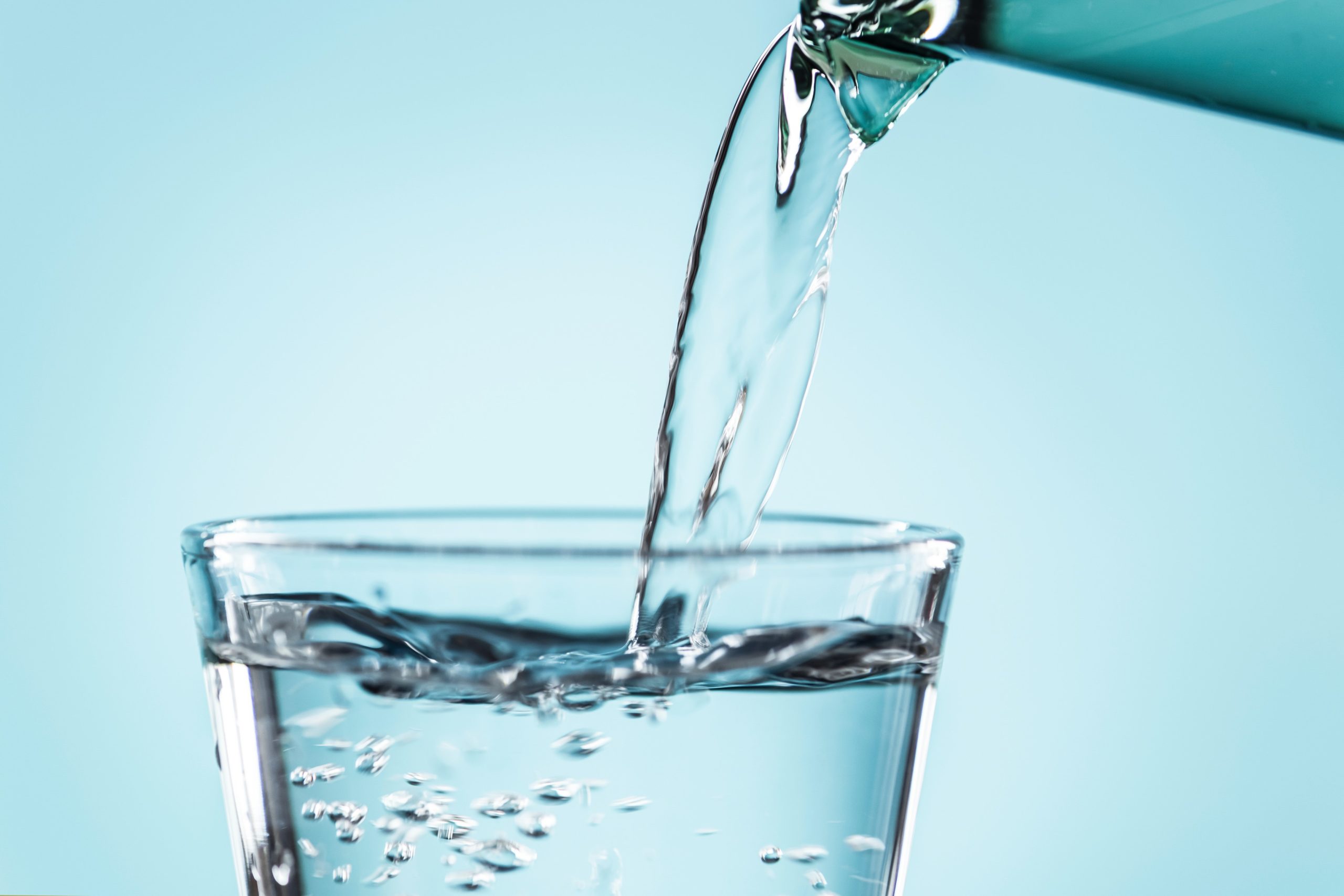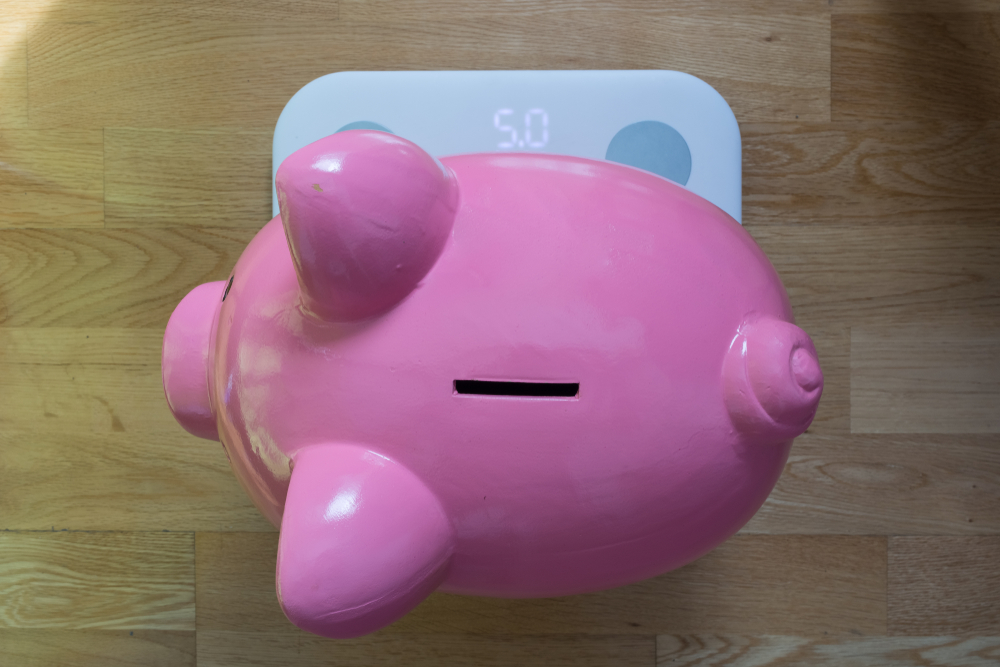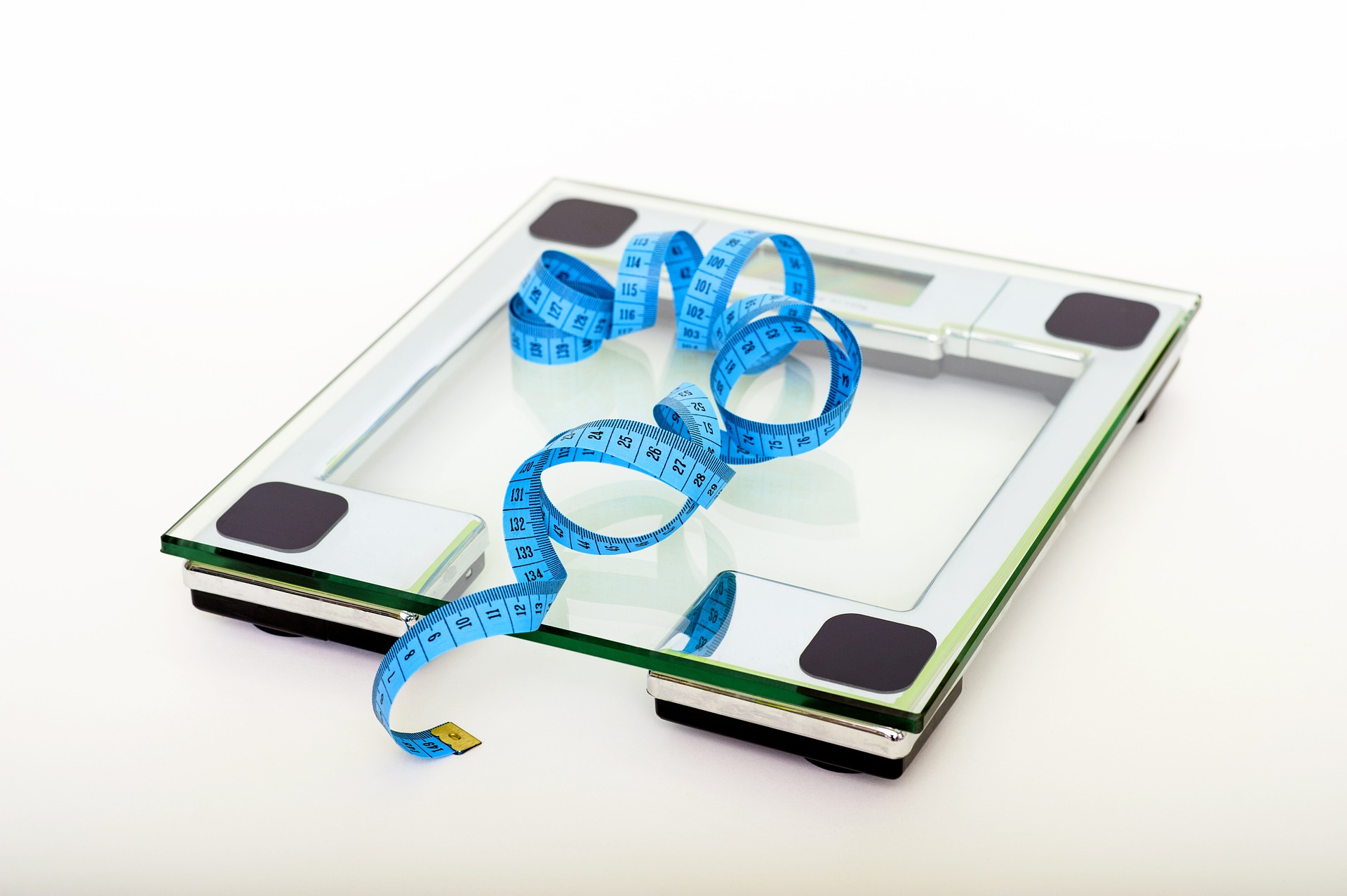Author: Taylor Bathel
The human body is about 60% water, so it’s safe to say that it’s pretty darn important. But how important is water to weight loss? The science isn’t fully there, but it’s getting there.
The research tying water intake to weight loss essentially reduces to two theories: 1) Water can help you eat fewer calories, or 2) Water can help you burn more calories. Why does this matter? To lose weight, you need to eat fewer calories than you burn.
Let’s walk through five ways water may give you a leg-up:
- Calorie control. If you drink more water, chances are you’ll simultaneously reduce your intake of calorie-laden liquids – like sugary drinks or creamy coffees. While not uniquely related to water, this simple dip in daily calorie consumption can really add up.
- Appetite management. Water fills the volume of your stomach, signaling to your brain that you’re full. Therefore, water can act as an appetite suppressant. Drinking a 16-ounce glass of water prior to a meal can increase fullness or satiety, which in turn can decrease overall calorie consumption at that meal by up to 13% in some studies.
- Metabolism increase. This theory is called ‘water-induced thermogenesis.’ It accounts for a physiological change in the body from water intake, which may result in an increased energy expenditure (read: more calories burned as fuel). Some studies show that drinking about 16 ounces of water can increase metabolism by 30% for an hour following the drink.
- Fat breakdown. Water intake has been associated with increased fat cell breakdown in the body, called lipolysis. Lipolysis is the conversion of fat tissue to fuel. An uptick in metabolism (see above) can also increase lipolysis, and it’s theorized that increased water intake affects the hormone insulin in a way that speeds up this fat breakdown process.
- Hydration. Proper hydration is essential to many body functions that go hand-in-hand with weight loss. When you’re dehydrated, you may experience sluggish digestion and increased water storage which tip up the scale. Plus, dehydration usually correlates with a lack of energy, and as we all know (maybe too well), fatigue has a slew of negative side effects on your healthy habits. When you’re hydrated, your body is optimized and, usually, so is your motivation to exercise, eat well, and all that jazz.
Why is this so controversial?
More human studies are needed to specifically control for each above factor, and these studies will need to yield consistent results before any of this can be considered “fact”. That will be tough considering how variable these factors are. Appetite is unique and subjective. Metabolism is complicated to calculate. No two people have the same exact metabolism – or the same basal metabolic rate, daily energy expenditure, rate of lipolysis, and a bunch of other science-y things that make you uniquely you and your weight loss journey uniquely yours.
So… what do we know?
Water does something. Exactly what it will do for you is hard to firm up. (If only anything were ever just black and white, *dramatic sigh*). This is where the beauty in individual experimentation comes into play. Find what water can do for you. It won’t be the magic pill in your weight loss journey (sorry folks, nothing will be!), but paired with other healthy habits, it has real potential to make an impact.
Learn more here about more ways water can help you feel your best, and get curious about what your body needs.





